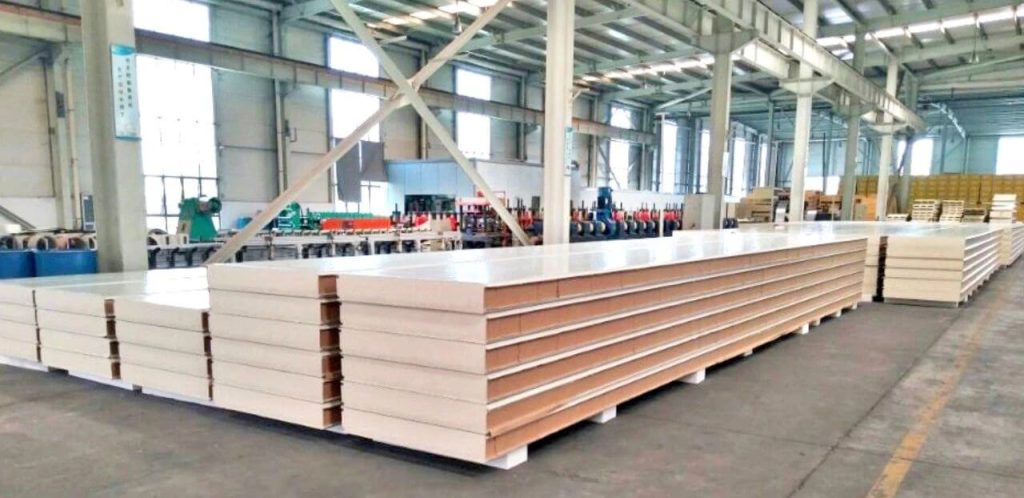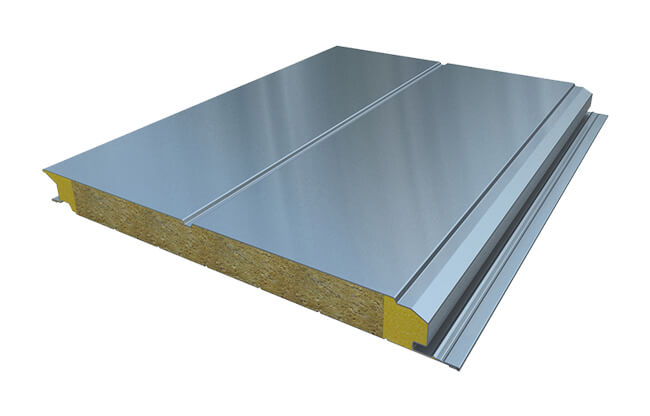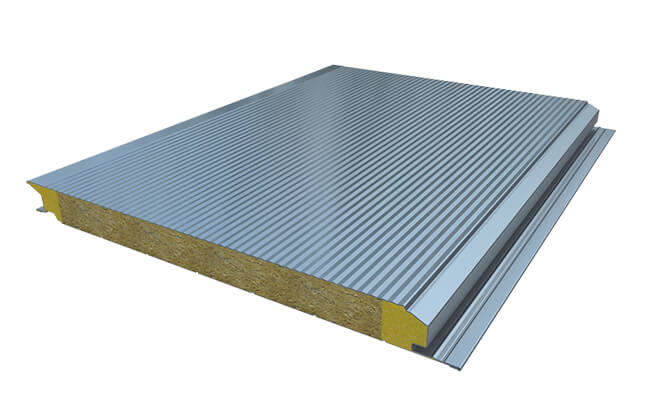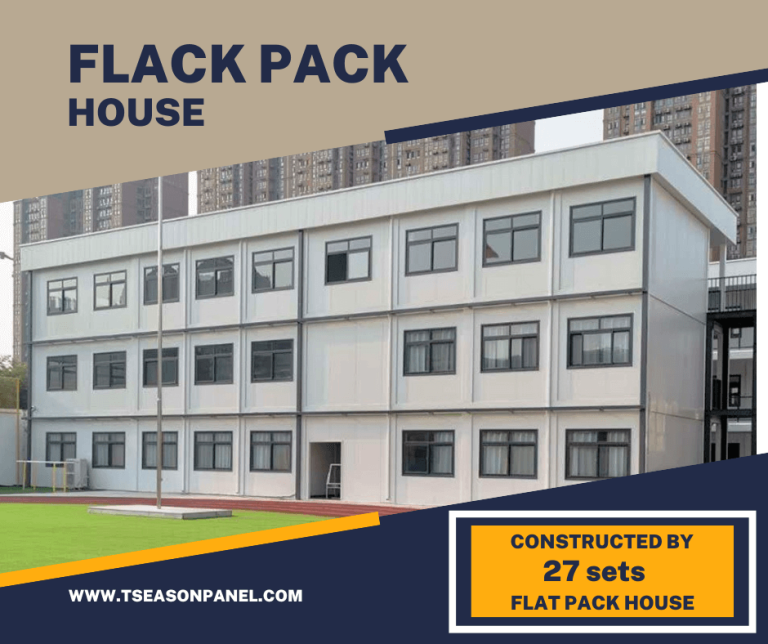The Essential Guide to Cold Storage Insulation Materials
Cold storage insulation systems directly affect the service life of cold storage and operating costs; whether cool room insulation panels' performance is good or bad, the choice of cold storage insulation materials has a direct relationship. Common cool room insulation materials are cork, rice husk, expanded perlite, slag, polystyrene cold storage insulation board, glass wool, polyurethane cold storage insulation board, rock wool insulation board, mineral wool, and other cool room insulation materials.
To give you a detailed introduction to the two commonly used cold storage insulation materials:
Polystyrene Insulated coolroom panels
It uses double-sided color steel or food-grade stainless steel within the 18KG density of polystyrene high-pressure foam, and its double-sided color steel is used in Shanghai Baosteel products. Insulated coolroom panels thickness generally has 50MM, 75MM, 100MM, 120MM, 150MM, 200MM, and other specifications applicable to different cold storage installation needs. Polystyrene Insulated coolroom panels can reach the national fire safety acceptance standard after fireproof treatment.

Polystyrene insulated coolroom panels are widely used in refrigeration and freezing, purification projects, cold storage projects, air conditioning and ventilation, suspended ceilings, office partitions, and many other occasions; polystyrene Insulated coolroom panels in the appearance design of both generous and beautiful and thermal insulation performance, mechanical strength, long service life, etc., has been widely used in food processing, chemical and electronic industry, biopharmaceuticals, and other large and medium-sized projects. The performance of their products Its product performance has been improved.
Polyurethane refrigerator panels
in Tseason Manufacturer, according to the cold storage size prefabricated, installation only needs to use a hexagonal wrench simple link can; this prefabricated board in the small and medium-sized cold storage has been widely used. At the same time, to increase the cold storage insulation performance and reduce construction costs, other ample cold storage storage can also use polyurethane on-site spraying. Requirements to meet the fire requirements are only in the polyurethane raw materials that must be added to the flame retardant and Tseason pu refrigerator panels to reach the B1 class fire requirements. Commonly produced according to the requirements of polyurethane foam as insulation materials sandwich panels, it is currently the most widely used insulation material in large and medium-sized cold storage, polyurethane refrigerator panels joint color steel polyurethane cold storage insulation board, stainless steel polyurethane cold storage insulation board, embossed aluminum polyurethane refrigerator panels, bare polyurethane refrigerator panels and so on.
While the length and width of the cold fridge panel can be made according to the actual requirements, to increase the cold storage's firmness and thermal insulation performance, a polyurethane cold fridge panel on the two sides of the device can be installed with eccentric hooks.

The density of the cold storage board
the thickness of the side steel plate and the load bearing are the choices for polyurethane cold storage insulation boards that must be considered. Cold storage insulation board density then in the board of foam increases the amount of polyurethane and, at the same time, increases the thermal conductivity of the polyurethane board, so that the cold storage board insulation performance declines and increases the cost of the board, if the density of the foam is too low will cause the cold storage board of the load-bearing properties of the decline in the general polyurethane cold storage thermal insulation board after the relevant departments of the national foam density of the polyurethane board in the 35-43KG as the standard.






